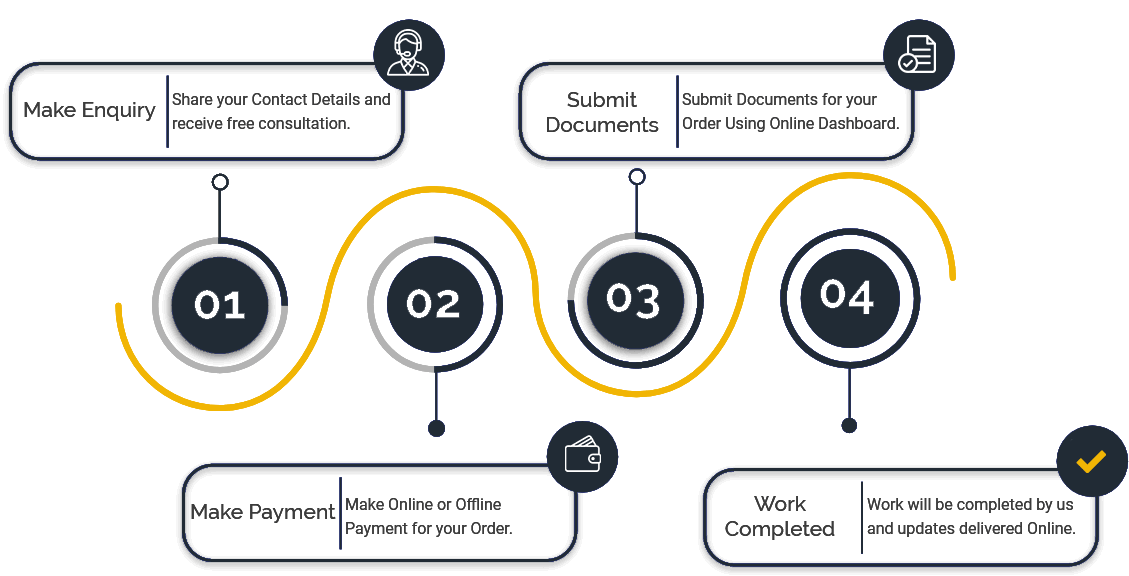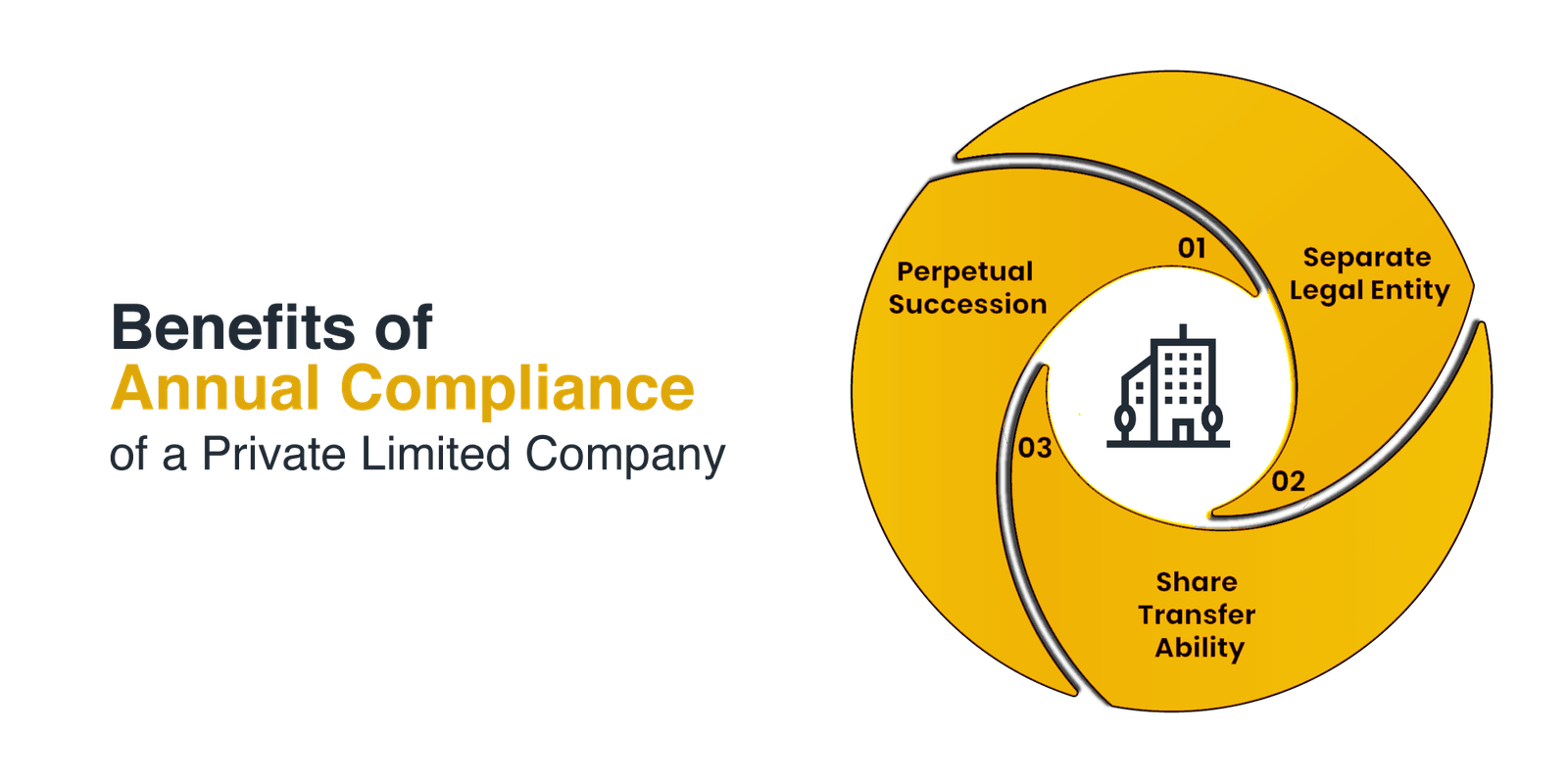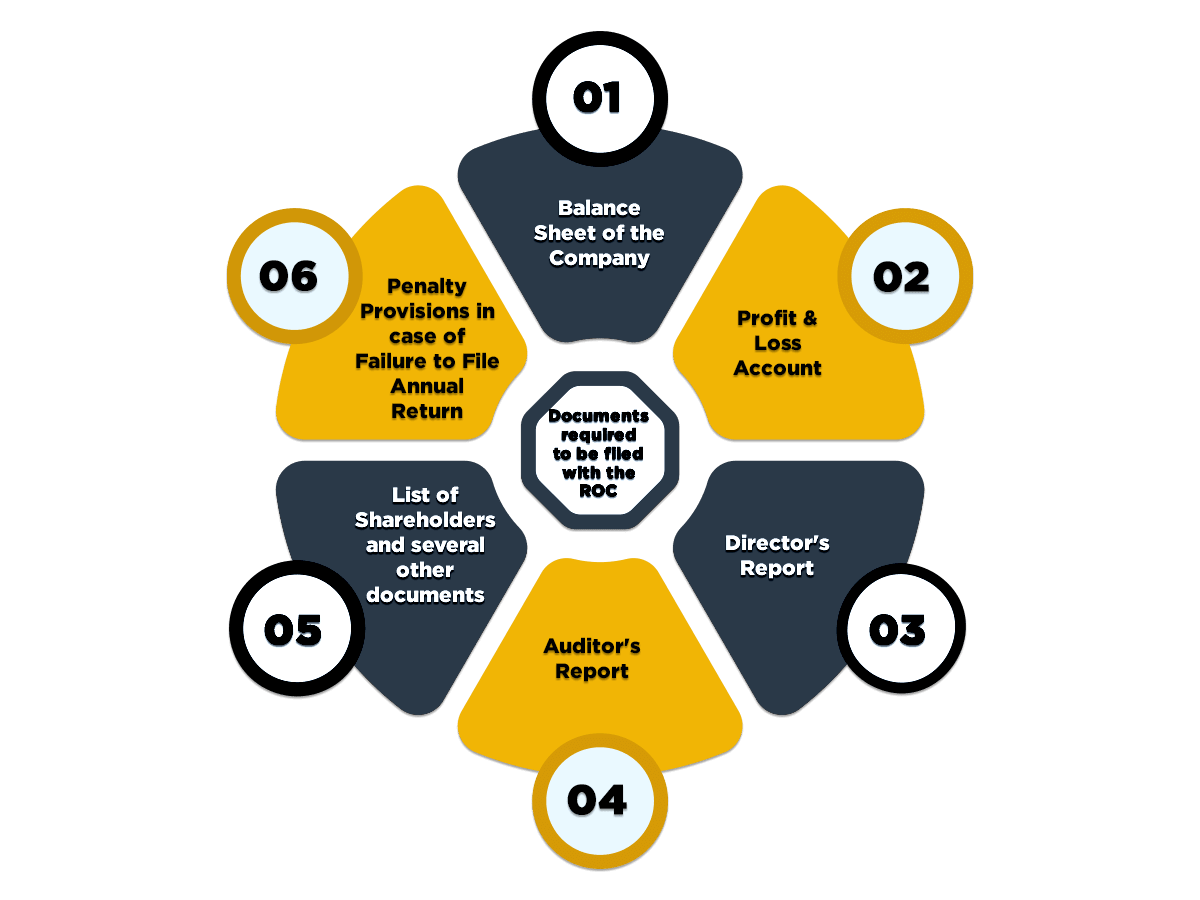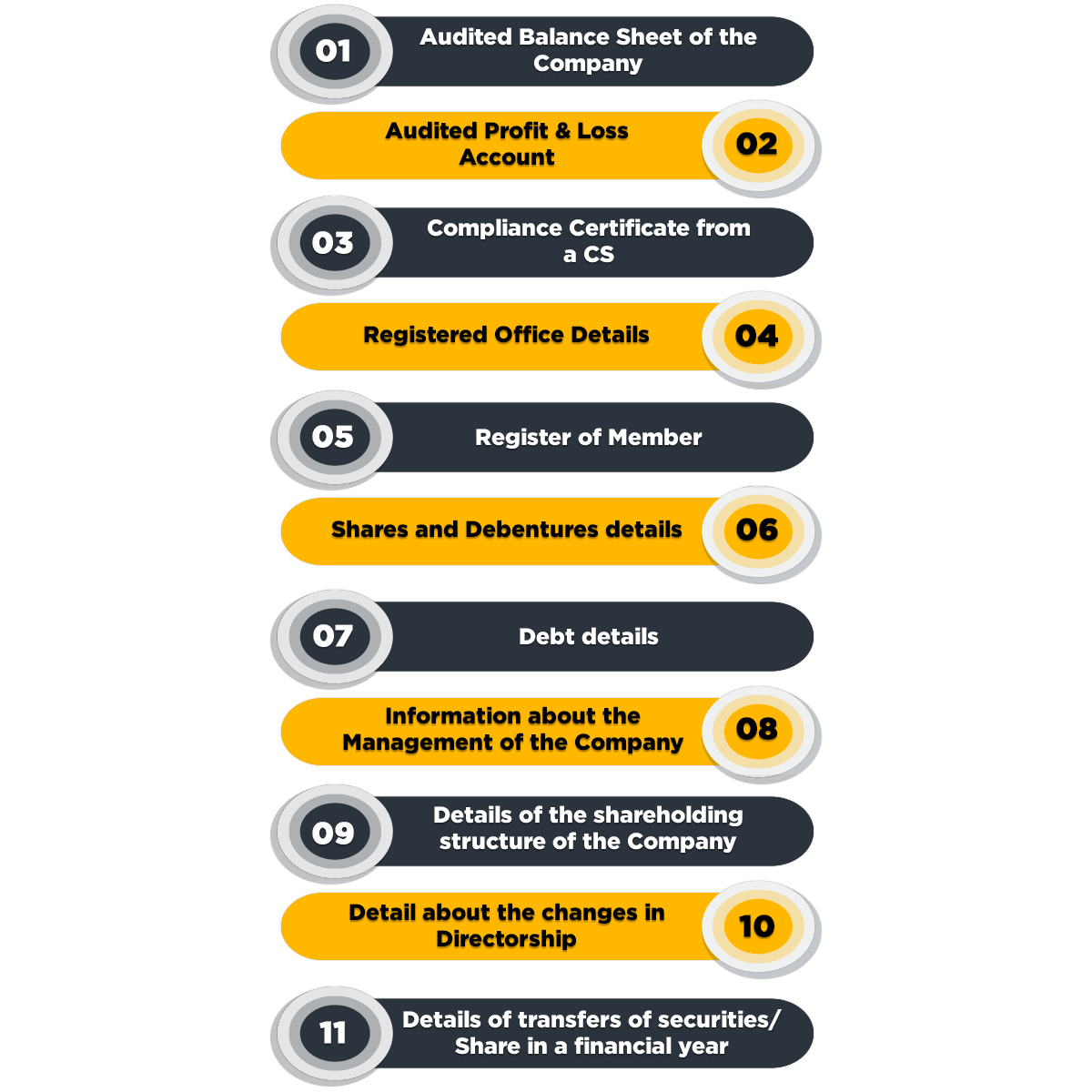
Copyright © 2025
TaxArth Services Private Limited.
All Rights Reserved.

A sole proprietorship is an unincorporated business that has just one owner who pays personal income tax on profits earned from the business. In addition, a sole proprietorship usually does not have to be incorporated or registered. Thus, it is the simplest form of business structure and the ideal choice to run a small business or medium scale business.
A sole proprietorship is the easiest type of business to establish or take apart, due to a lack of government regulation. As such, these types of businesses are very popular among sole owners of businesses, individual self-contractors, and consultants.
Unlike the partnerships or corporations, a sole proprietorship does not create a separate legal entity from the owner. In other words, the identity of the owner or the sole proprietor coincides with the business entity. Because of this fact, the owner of the entity is fully liable for any and all the liabilities incurred by the business.


The procedure for incorporating a sole proprietorship firm is-
Step 1: Applying for PAN card.
Step 2: The next step is to keep a name for the sole proprietorship business.
Step 3: The next step is to open a bank account in the name of the business.
Step 4: The basic registrations required by a sole proprietorship are-

Sole Proprietorship
Sole Proprietorship have no any legal registration so ultimate objective is opening a current bank account but banks need always a legal proof to open a current bank account on your business name instead of your personal name, so you have to apply for minimum One Tax Registration Certificate and Open a Proprietorship current bank account.
A sole proprietorship business does not take more than 15 days to open-up and get running. This simplicity makes it popular among the small traders and merchants. It’s also much cheaper, of course.
Any Indian citizen with a current account in the name of their business can start a sole proprietorship. However, to open a current account, banks typically require a Shops & Establishments Registration.
To start a sole proprietorship, you would need address and identity proofs, PAN card, all KYC documents and rental agreement or sale deed (in case of Shops & Establishment Act Registration).
One can legally start a business in India quite easily. There are only two things that are required to be done for starting a sole proprietorship business in India. First is to choose a business name and second is to select a location as the place of doing business.
You are personally liable for your sole proprietorship. While corporations, LLCs and limited liability partnerships gain the benefit of limited liability, sole proprietors generally do not qualify for such protections. Instead, you will be held personally accountable for your businesses debts and legal judgments.
As a sole proprietor, you must file Income Tax Return annually. Also, you need to file your GST Return if you are registered under GST. A sole proprietor should also deduct TDS and file TDS return if liable for Tax Audit.
Filing taxes as a sole proprietor requires you to fill out the standard tax Form 1040 for individual taxes and then Schedule C, which reports the profits and loss of your business. The amount of taxes you owe will be based on the combined income of both Form 1040 and Schedule C.
A sole proprietorship is the easiest and least expensive type of business to start. It provides the business owner with the freedom and autonomy of complete oversight and control of the business. Under the law, the business and the person who owns it are considered to be one entity. As a result, the sole proprietor owns all the assets and is entitled to all the profits. If a sole proprietorship incurs losses the sole proprietor may apply those losses against other earned income to reduce personal income tax.
It will facilitate you getting bank loans, should you need any in the future. The Government also runs several schemes to benefit the SMEs where loan grants to them low-interest rates.





